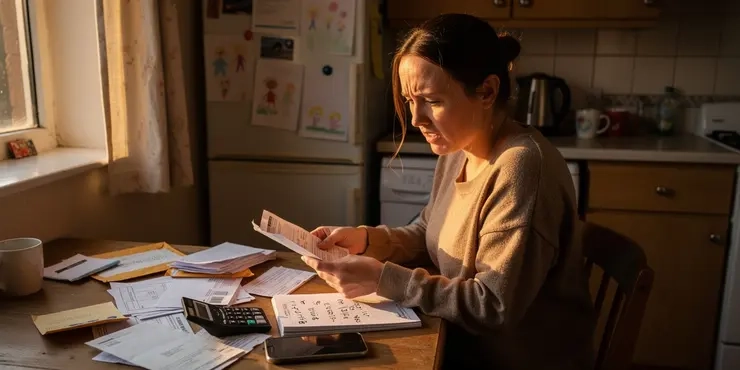
Find Help
More Items From Ergsy search
-
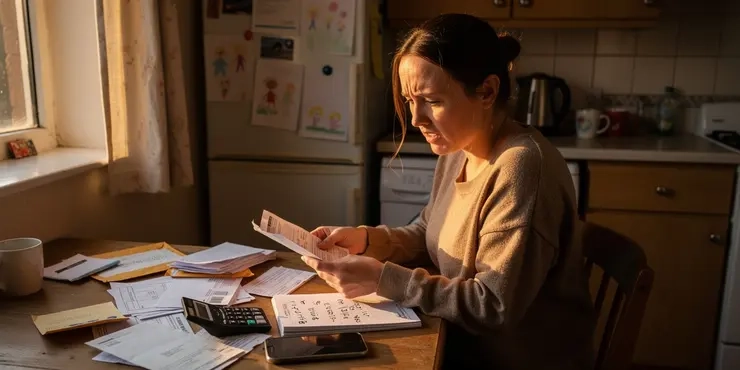
Proposed Welfare Cuts and Their Impact on Vulnerable Populations
Relevance: 100%
-
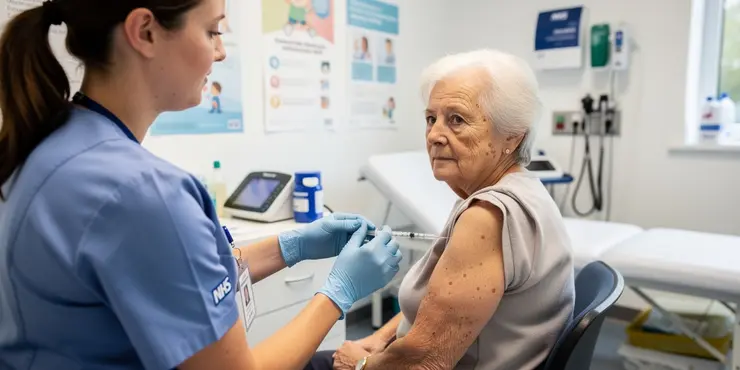
Nationwide Flu Vaccination Campaign Targets Vulnerable Populations
Relevance: 48%
-

What is the main reason for the proposed cuts to housing benefits?
Relevance: 44%
-
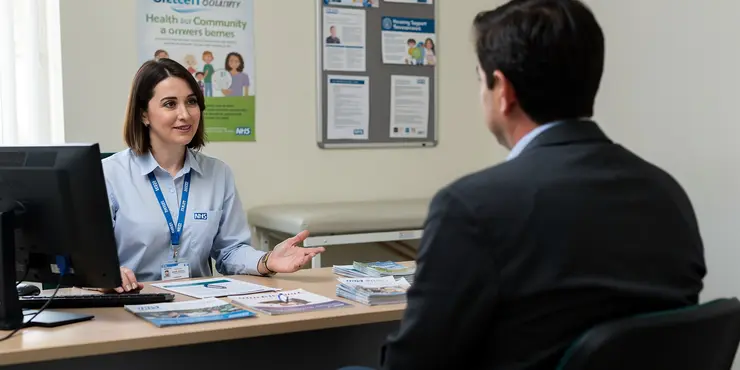
What are the potential long-term impacts of housing benefit cuts?
Relevance: 40%
-
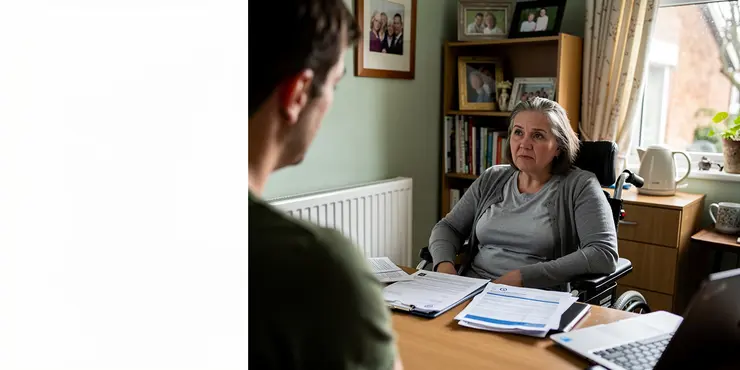
Debate Intensifies Over Welfare Reforms Impacting Disabled Citizens
Relevance: 40%
-
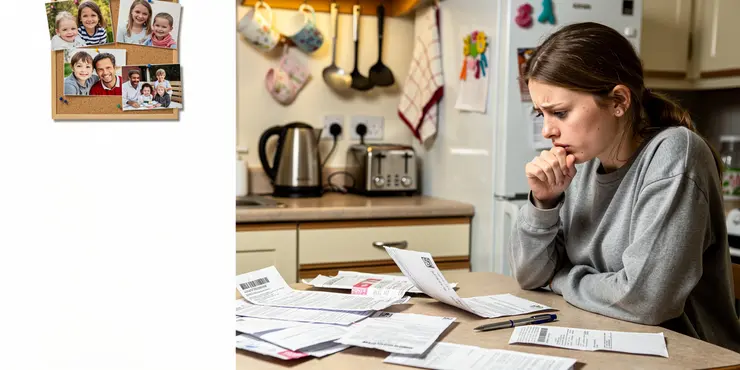
Is there a plan to offer additional support to offset housing benefit cuts?
Relevance: 38%
-
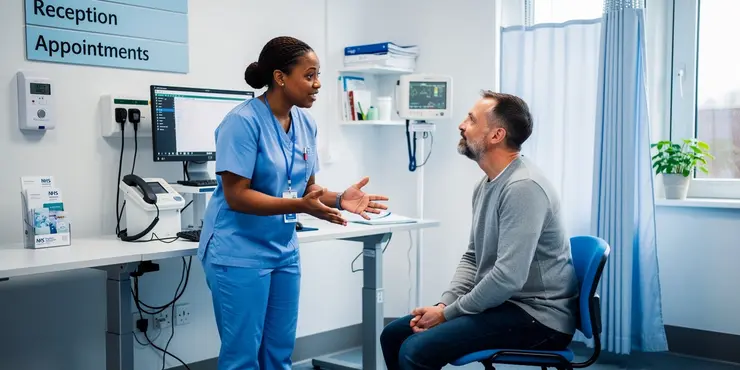
Are there any groups exempt from the proposed cuts?
Relevance: 38%
-

Local Councils Struggle with Increasing Demand for Welfare Support
Relevance: 37%
-
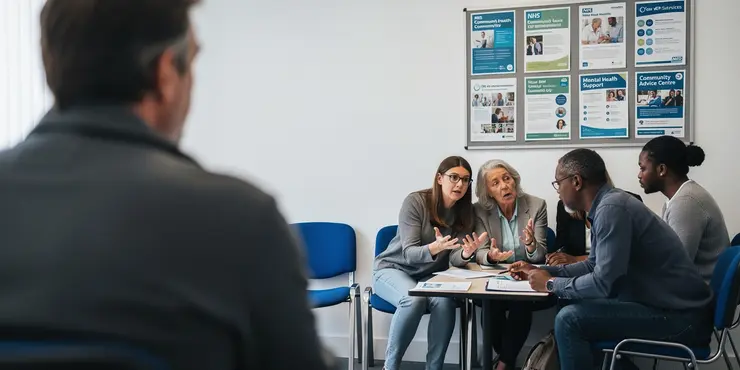
What advocacy efforts are being undertaken to resist the cuts?
Relevance: 37%
-
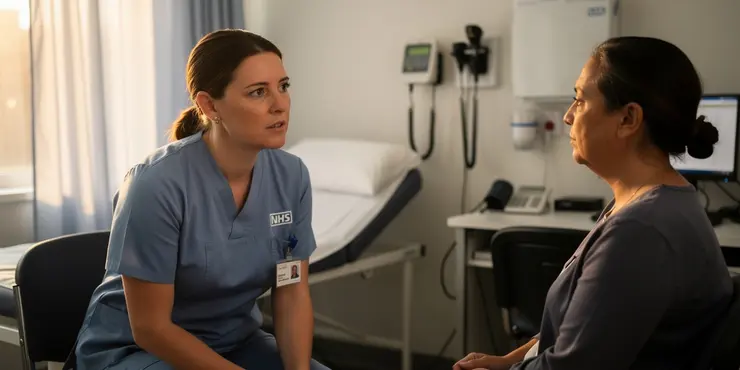
Why is the UK cutting funding to AIDS, Tuberculosis, and Malaria research?
Relevance: 36%
-
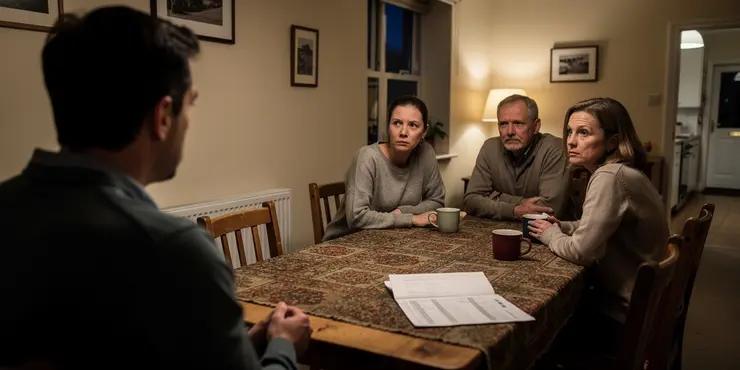
What are the proposed Cuts to Housing Benefits Amid Rising Rents?
Relevance: 36%
-

New Report Highlights Gaps in Mental Health Services for Welfare Recipients
Relevance: 35%
-
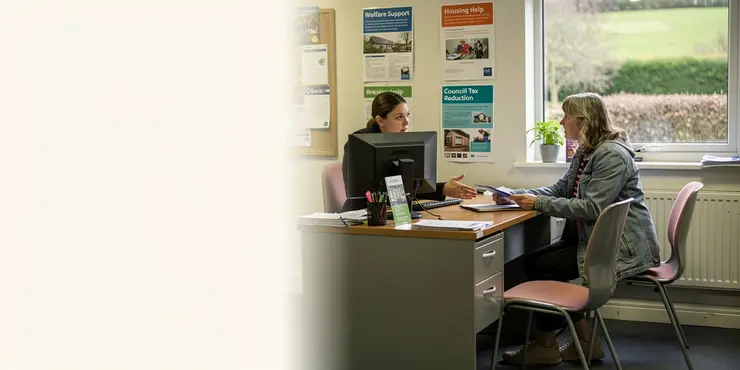
Study Reveals Disparities in Welfare Support Between Urban and Rural Areas
Relevance: 34%
-
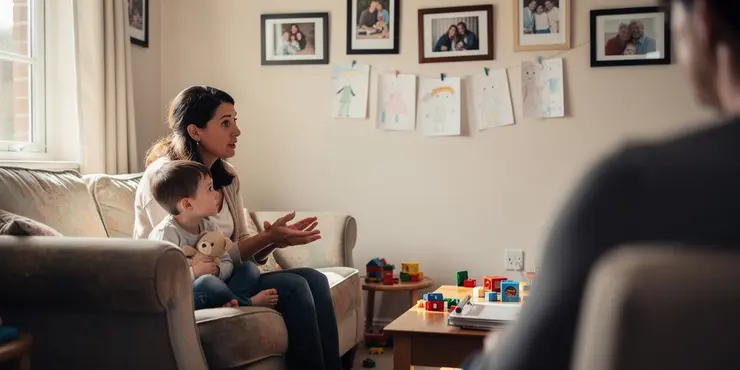
Who will be most affected by the proposed cuts to housing benefits?
Relevance: 34%
-
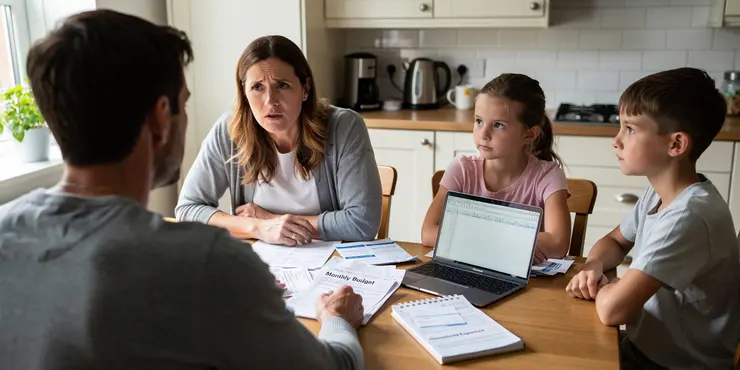
Understanding the Impact of Rising Living Costs on Family Welfare
Relevance: 32%
-
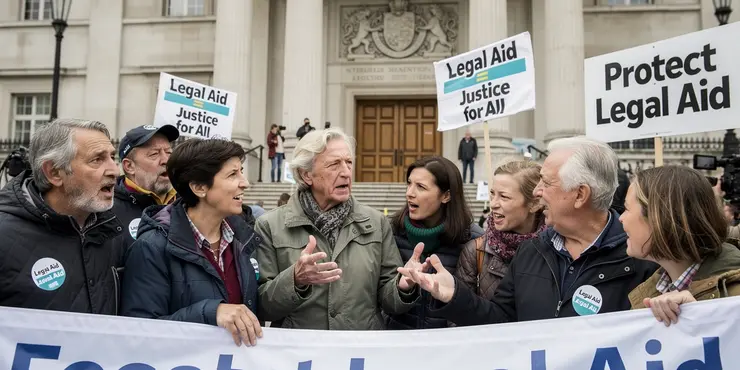
Legal Aid Cuts: Campaigners Warn of Access to Justice Crisis
Relevance: 31%
-
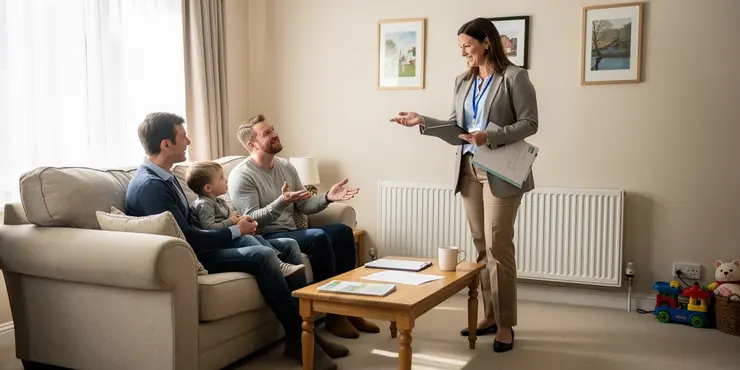
What role do housing associations have amid these cuts?
Relevance: 31%
-
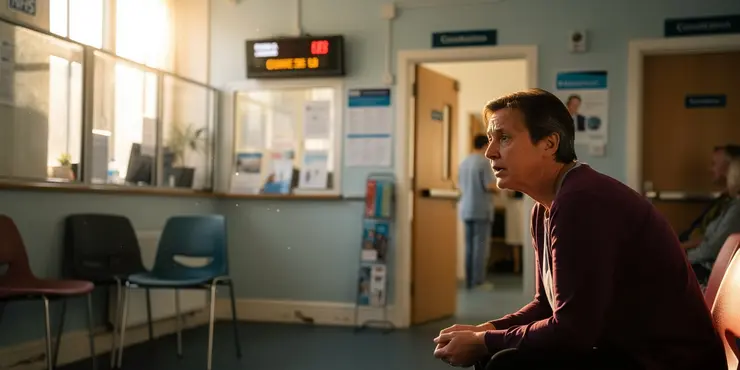
Government Faces Backlash Over Welfare System Access Delays
Relevance: 31%
-
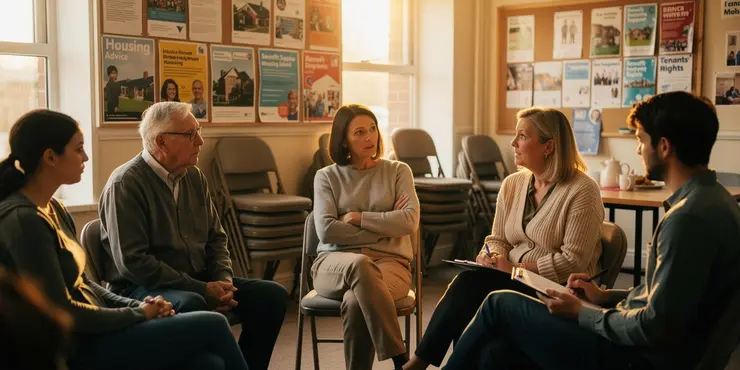
How will the proposed cuts impact tenants?
Relevance: 30%
-

Why is there a call for public consultation regarding the cuts?
Relevance: 30%
-
Do groomers target children with specific vulnerabilities?
Relevance: 29%
-
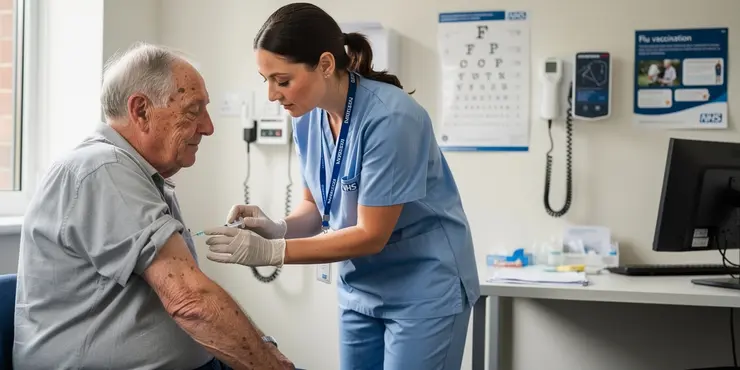
Are certain populations more at risk during the 2026 flu season?
Relevance: 28%
-

What is the relationship between rising rents and housing benefit cuts?
Relevance: 28%
-
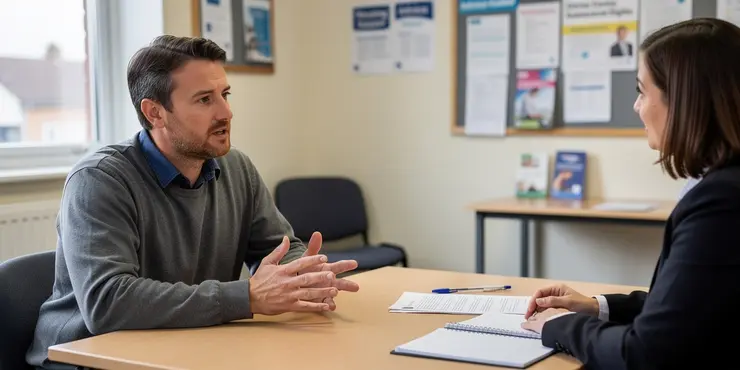
What can tenants do if they are affected by the cuts?
Relevance: 28%
-
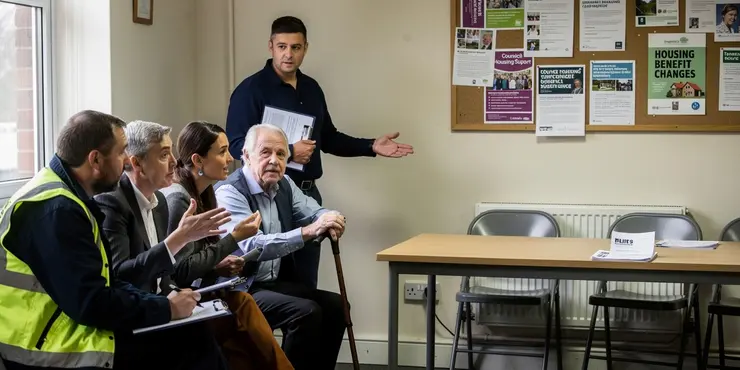
How can individuals contribute to the discussion on housing benefit cuts?
Relevance: 28%
-

When are the proposed cuts expected to take effect?
Relevance: 27%
-
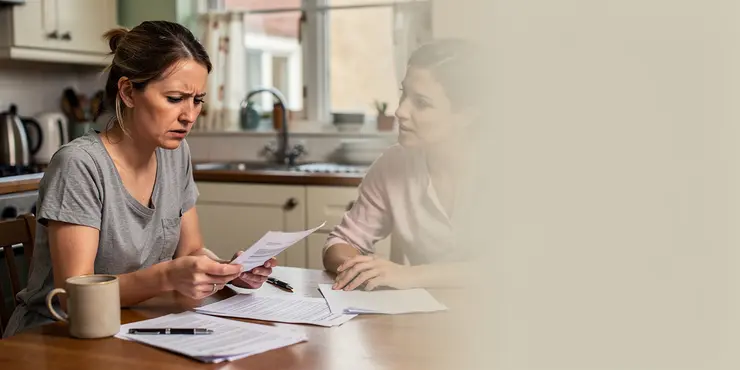
Is there any legal recourse for those affected by the housing benefit cuts?
Relevance: 27%
-

What populations are at higher risk for E. coli infections?
Relevance: 26%
-

How will the cuts impact landlords?
Relevance: 26%
-

Are climate changes affecting mosquito populations in the UK?
Relevance: 25%
-
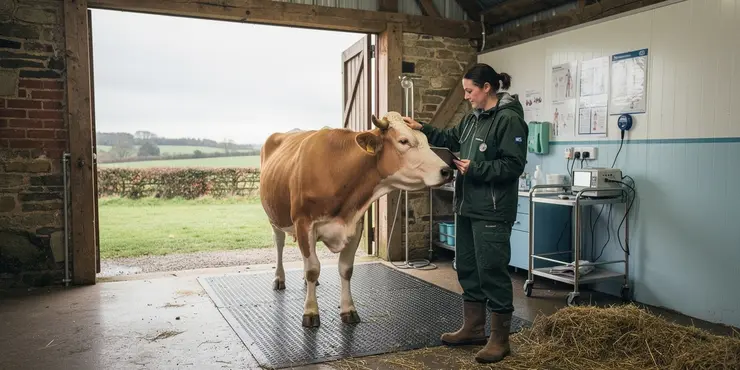
What methods are used to control screw worm populations?
Relevance: 23%
-
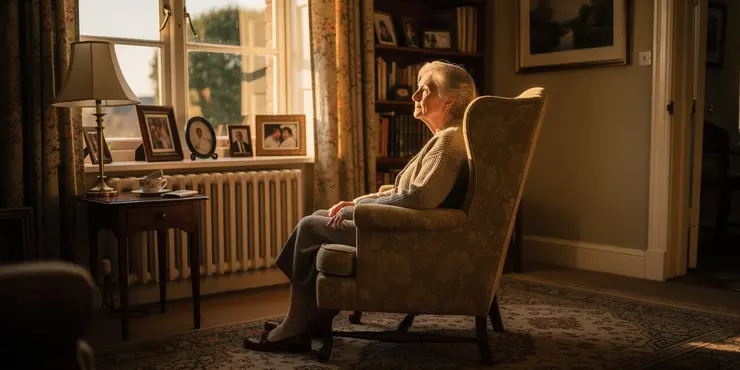
UK's Elderly Population Faces Growing Loneliness Crisis
Relevance: 22%
-
Are there any populations with high seed oil usage and low disease rates?
Relevance: 21%
-
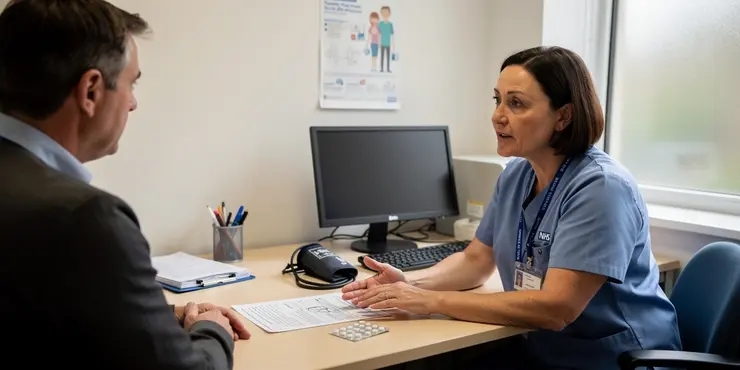
What populations should use caution when taking Ozempic?
Relevance: 16%
-
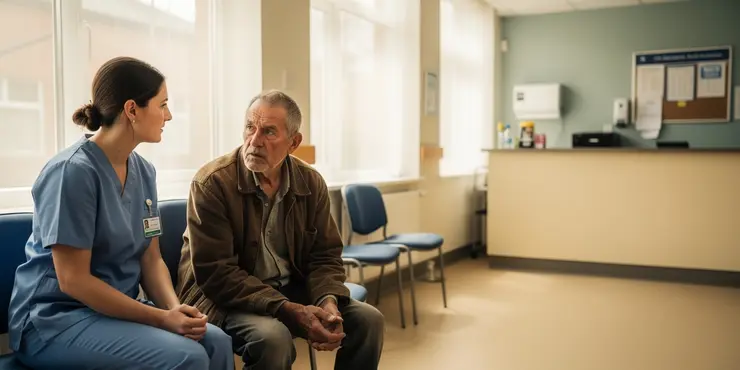
Addressing the Rising Homelessness Crisis
Relevance: 15%
-
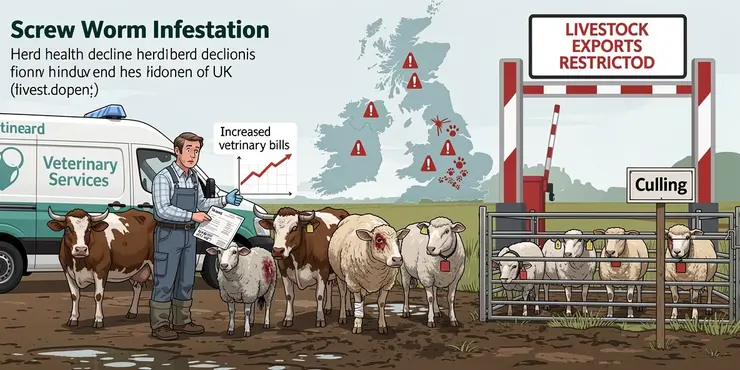
What impact do screw worms have on livestock?
Relevance: 15%
-

What is herd immunity and how does it relate to measles?
Relevance: 12%
-
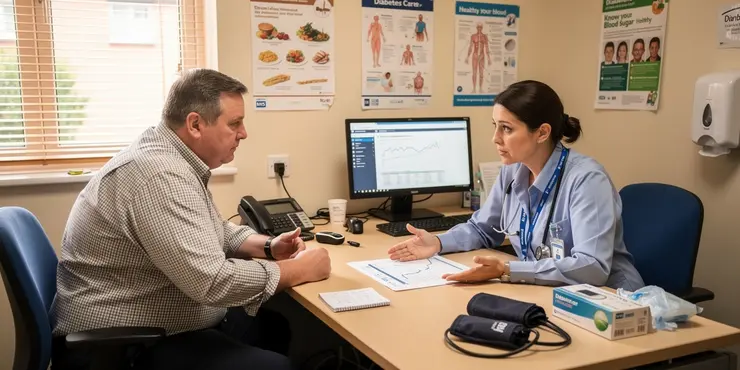
Who is at risk for flesh-eating disease?
Relevance: 12%
-
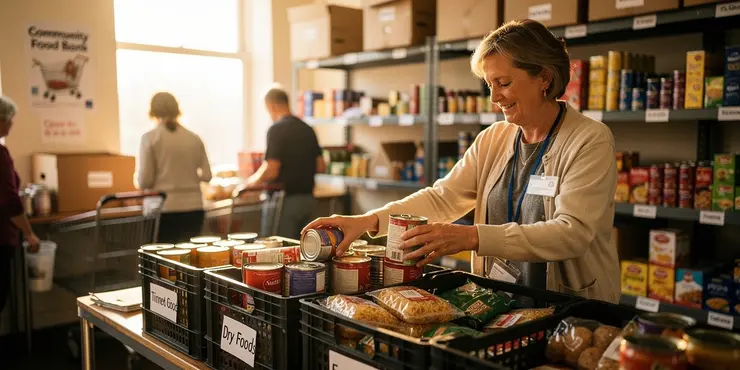
The Rise of Community Food Banks: Combating Hunger Locally
Relevance: 12%
-

What is herd immunity?
Relevance: 12%
Proposed Welfare Cuts and Their Impact on Vulnerable Populations
Understanding the Proposed Welfare Cuts
The UK government has recently proposed a series of welfare cuts that aim to reduce public expenditure and address fiscal challenges. These cuts target various welfare programs, including Universal Credit, child benefits, and housing support, which many vulnerable populations rely on. The proposed measures are part of broader economic policies designed to reduce the national deficit, but they have sparked significant debate and concern among social advocacy groups and citizens. Supporters argue that these cuts are necessary for long-term economic sustainability, while critics warn of the adverse effects on the nation's most vulnerable communities.
Impact on Low-Income Families
Low-income families are among the most affected by these proposed welfare cuts. They rely heavily on benefits like Universal Credit to meet basic needs such as food, housing, and utilities. With reduced financial support, many families may struggle to cover these necessities, leading to increased financial insecurity and poverty levels. These cuts could exacerbate existing socioeconomic disparities and hinder households' ability to improve their living standards. Such financial strain can have long-term implications for children's health and education, perpetuating a cycle of poverty.
Effects on People with Disabilities
People with disabilities often depend heavily on welfare benefits to manage daily living expenses and additional costs related to healthcare and accessibility. Proposed cuts to disability benefits might result in increased financial hardship and reduced access to essential services for this population. This can further isolate individuals from the community and limit their opportunities for social participation and employment. The reductions could also place additional stress on informal caregivers and the healthcare system, as support diminishes.
The Elderly and Welfare Cuts
The elderly, who frequently rely on state pensions and additional support income, may also face challenges. As welfare cuts tighten, older adults living on fixed incomes might find it difficult to keep up with the rising costs of essentials, such as heating and food. This financial pressure can contribute to higher levels of stress and adversely affect health outcomes, potentially increasing dependency on health and social services. Ensuring the welfare system remains robust is crucial to safeguarding the well-being of older citizens.
Potential Social Implications
Beyond economic effects, proposed welfare cuts have broader social implications. As vulnerable populations face greater insecurity, there may be increased demand on charities and community support services. Additionally, these cuts may contribute to social unrest and widen the gap between different socio-economic groups. Community resilience could be tested, and public trust in government institutions might be affected. A holistic consideration of the potential ramifications is crucial for ensuring equitable and sustainable policy outcomes.
Proposed Welfare Cuts and Their Impact on Vulnerable Populations
Understanding the Proposed Welfare Cuts
The UK government wants to spend less money. They plan to cut back on welfare programs. These programs help people with things like Universal Credit, child benefits, and housing support. The government thinks this will help fix money problems. Some people agree, saying it will help in the long run. But many people, like social groups and citizens, are worried. They think these cuts will hurt people who need help the most.
Impact on Low-Income Families
Families with little money are most affected by these cuts. They need benefits like Universal Credit to pay for food, housing, and bills. If they get less money, they may have trouble buying these things. This can make money problems worse and make it hard for families to improve their lives. Children in these families may not get the care and education they need, keeping them in poverty for a long time.
Effects on People with Disabilities
People with disabilities often need welfare benefits to pay for things they need every day and extra healthcare costs. If these benefits are cut, they may struggle more and have less access to services they need. This can make them feel more alone and limit chances to join in community life or find jobs. Cuts can also mean more stress for caregivers and more work for healthcare services.
The Elderly and Welfare Cuts
Older people often rely on pensions and other support. If welfare gets cut, they may have trouble paying for heat and food, as costs go up. This can make them more stressed and affect their health, making them need more help from health services. Keeping a strong welfare system helps protect older people.
Potential Social Implications
Welfare cuts do not just affect money—they also affect society. More people might need help from charities and community services. Cuts could cause social problems and make rich and poor groups more divided. Communities may struggle, and people might not trust the government as much. It is important to think carefully about the effects of these cuts to ensure policies are fair and helpful for everyone.
Helpful Tips: Use simple checklists to manage money, and reach out to local support groups for help. There are also online tools that can help plan budgets.
Frequently Asked Questions
What are the proposed welfare cuts in the UK?
The proposed welfare cuts in the UK include reductions in Universal Credit, housing benefits, and disability allowances. These changes aim to reduce government spending but may affect the support available to vulnerable groups.
Who will be most affected by the welfare cuts?
Vulnerable populations such as low-income families, the elderly, disabled individuals, and single parents are most likely to be affected by the welfare cuts.
How will the cuts to Universal Credit affect recipients?
Cuts to Universal Credit may result in reduced monthly payments, potentially leading to financial hardship for recipients who rely heavily on these benefits to cover essentials like food and housing.
What impact will the reduction in housing benefits have?
Reducing housing benefits could lead to increased homelessness and housing instability, particularly for low-income families and individuals living in high-cost areas.
Are there any exemptions to the proposed welfare cuts?
Some exemptions may apply, particularly for those with severe disabilities or terminal illnesses, but these will depend on specific government policies and assessments.
How might these welfare cuts influence child poverty rates?
Welfare cuts could potentially increase child poverty rates by reducing the financial resources available to families, leading to shortages in basic needs such as food, clothing, and education.
What can individuals do if they are affected by the cuts?
Individuals affected by the cuts can seek advice from local councils, charities, or financial advisors. They may also explore other available support systems and apply for additional assistance specific to their situation.
How are disability benefits being altered under the new proposals?
Disability benefits might see eligibility criteria becoming stricter and benefit amounts reduced, potentially impacting the financial stability and independence of disabled individuals.
Will pensioners be affected by the welfare cuts?
Some pensioners could be affected, especially those receiving additional benefits beyond the basic state pension. The extent of the impact would depend on their specific circumstances.
Are there any initiatives to mitigate the effects of welfare cuts?
The government may introduce mitigation initiatives, such as targeted support programs or temporary relief measures, but details would depend on the final policy decisions and budget considerations.
What are the arguments in favor of the welfare cuts?
Proponents argue that welfare cuts are necessary to reduce national debt, encourage employment, and ensure the sustainability of the welfare system. They claim that reform can improve efficiency and reduce dependency.
What are the counterarguments against the welfare cuts?
Critics argue that welfare cuts disproportionately affect the most vulnerable, increasing poverty and inequality. They contend that such measures undermine social safety nets and can have long-term negative social and economic impacts.
How might employment be influenced by these welfare changes?
While some believe welfare cuts could incentivize job-seeking, others worry that without sufficient support, individuals may struggle to secure employment due to issues like childcare costs or inadequate transportation.
What role do local councils play in implementing welfare policies?
Local councils are responsible for administering various welfare programs and may offer additional assistance or resources to affected individuals within their communities.
How can stakeholders participate in discussions about welfare policy?
Stakeholders can participate through public consultations, engaging with advocacy groups, attending community meetings, and contacting their local representatives to express concerns or suggestions.
What changes are being planned for money help in the UK?
The government in the UK might change how much money they give to people who need help.
These changes are called "welfare cuts."
Welfare is money to help people pay for things they need, like food and housing.
If changes happen, some people may get less money from the government.
To understand more, you can:
- Ask someone you trust to explain it to you.
- Use simple news websites like "Newsround".
- Watch videos that explain the news for kids.
The UK government plans to give less money for different types of help. This includes giving less money for Universal Credit, housing benefits, and money for people with disabilities. The government wants to save money, but it might mean people who need help get less.
Who will feel the most from welfare cuts?
Welfare cuts mean less money from the government to help people. Here is how to understand who will feel the changes the most:
- Think about who gets help now. This could be families, people without jobs, or those who are sick.
- These groups might find it harder because they will get less help.
- You can talk with someone you trust to understand more.
- Use tools like pictures or videos to help you learn.
People who may need extra help, like families with little money, older people, people with disabilities, and moms or dads raising kids alone, will feel the most impact from the welfare cuts.
What do the changes to Universal Credit mean for people who get it?
If Universal Credit is cut, people might get less money each month. This could make it hard for them to pay for important things like food and a place to live.
What will happen if people get less money to help pay for their homes?
If we give people less money for housing, they might not have a place to live. This could make more people homeless. It would be hard for families and people with little money, especially in places where houses cost a lot.
Will some people not have to face the new welfare cuts?
Sometimes there are special rules. These are for people who are very sick or have big disabilities. The government looks at each person's situation to decide if the rules are different for them.
How could cutting welfare money affect child poverty?
If the government gives less money to families, this might mean more children will be poor. Families might have less money for food, clothes, and school.
What can people do if they are hurt by money cuts?
If the government cuts money, it can make things hard. Here are some ways to get help:
- Talk to family and friends. They can give support.
- Look for community groups or charities. They can offer help.
- Ask for advice. Some places give free help with money problems.
- Use online tools. They can help you plan and save money.
Remember, you are not alone. Many people can help you through tough times.
People who have less money because of the cuts can ask for help. They can talk to local councils, charities, or money experts. They might also look for other ways to get help and ask for extra support that fits their needs.
What changes are being made to disability benefits?
It might get harder for people to get disability benefits, and the money they get might go down. This could make it harder for people with disabilities to have enough money and be independent.
Will older people lose money because of government cuts?
Some older people might be affected, especially if they get extra money, not just the regular pension. How much they are affected depends on their own situation.
Are there ways to help with welfare cuts?
Welfare cuts mean people get less money from the government. Here are some ways to help:
- Community Support: Neighbors and friends can help each other with food and clothes.
- Food Banks: Places where people can get free food if they need it.
- Charities: Groups that help people with money, jobs, and other needs.
- Job Training: Classes to help people learn new skills and find work.
- Advice Services: Places where people can talk to someone about their money and get help.
These are ways to support people who have less money because of welfare cuts. Talking to someone you trust or visiting a support group can also help.
The government might help by making special support programs or giving short-term help. What they do will depend on what they finally decide and how much money they have.
Why do some people think welfare cuts are a good idea?
Some people think cutting welfare is important. They say it helps the country owe less money. It also helps more people find jobs. They think it keeps the welfare system working well for a long time. They believe changes can make welfare work better and help people rely on it less.
Why is cutting welfare money a bad idea?
Some people think that cutting welfare money hurts people who need help the most. This can make poverty and unfairness worse. They say that taking away this money makes it harder for people to get help when they need it and can cause big problems for a long time.
If you find reading hard, you can try some helpful tools like audiobooks or reading apps that read aloud to you. You could also ask someone to read it with you and talk about what it means together.
How could jobs be affected by these changes in welfare?
These changes in welfare might change how people find and do jobs. Let's find out more:
- Some people might get more help to find a job.
- Some people might need to look for different kinds of jobs.
- There might be new rules about getting help from the government.
For extra help, you can:
- Ask an adult to explain things.
- Use a dictionary to understand words you don't know.
- Write down questions to ask at school or at home.
Some people think cutting welfare money makes people look for jobs. But others worry that if people don’t get enough help, they might find it hard to get a job. This might be because they have to pay a lot for things like looking after their children or getting to work.
What do local councils do to help with welfare policies?
Local councils are groups of people who help run local areas. They make sure everyone follows the rules and gets the help they need.
Councils make local plans to help people. They give money and support to those in need. They work with charities and other groups to make sure everyone is okay.
If you need more help understanding this, you can ask someone you trust to explain it to you. You can also use pictures or videos to learn more.
Your local council looks after helping people in your area. They run different support programs. The council might also give extra help or resources to people who need them.
How can people take part in talks about welfare rules?
Here is how you can join in:
- Share your ideas and listen to others.
- Attend meetings or groups that talk about welfare.
- Write letters or emails to people in charge.
- Ask questions if something is not clear.
Helpful tools to use:
- Talking with a friend or helper.
- Using pictures or videos to understand better.
- Makin' notes to help remember important points.
People who are interested can take part by joining public talks, working with groups that support causes, going to community meetings, and talking to their local leaders to share their thoughts or ideas.
Useful Links
This website offers general information and is not a substitute for professional advice.
Always seek guidance from qualified professionals.
If you have any medical concerns or need urgent help, contact a healthcare professional or emergency services immediately.
Some of this content was generated with AI assistance. We’ve done our best to keep it accurate, helpful, and human-friendly.
- Ergsy carfully checks the information in the videos we provide here.
- Videos shown by Youtube after a video has completed, have NOT been reviewed by ERGSY.
- To view, click the arrow in centre of video.
- Most of the videos you find here will have subtitles and/or closed captions available.
- You may need to turn these on, and choose your preferred language.
- Go to the video you'd like to watch.
- If closed captions (CC) are available, settings will be visible on the bottom right of the video player.
- To turn on Captions, click settings .
- To turn off Captions, click settings again.
More Items From Ergsy search
-

Proposed Welfare Cuts and Their Impact on Vulnerable Populations
Relevance: 100%
-

Nationwide Flu Vaccination Campaign Targets Vulnerable Populations
Relevance: 48%
-

What is the main reason for the proposed cuts to housing benefits?
Relevance: 44%
-

What are the potential long-term impacts of housing benefit cuts?
Relevance: 40%
-

Debate Intensifies Over Welfare Reforms Impacting Disabled Citizens
Relevance: 40%
-

Is there a plan to offer additional support to offset housing benefit cuts?
Relevance: 38%
-

Are there any groups exempt from the proposed cuts?
Relevance: 38%
-

Local Councils Struggle with Increasing Demand for Welfare Support
Relevance: 37%
-

What advocacy efforts are being undertaken to resist the cuts?
Relevance: 37%
-

Why is the UK cutting funding to AIDS, Tuberculosis, and Malaria research?
Relevance: 36%
-

What are the proposed Cuts to Housing Benefits Amid Rising Rents?
Relevance: 36%
-

New Report Highlights Gaps in Mental Health Services for Welfare Recipients
Relevance: 35%
-

Study Reveals Disparities in Welfare Support Between Urban and Rural Areas
Relevance: 34%
-

Who will be most affected by the proposed cuts to housing benefits?
Relevance: 34%
-

Understanding the Impact of Rising Living Costs on Family Welfare
Relevance: 32%
-

Legal Aid Cuts: Campaigners Warn of Access to Justice Crisis
Relevance: 31%
-

What role do housing associations have amid these cuts?
Relevance: 31%
-

Government Faces Backlash Over Welfare System Access Delays
Relevance: 31%
-

How will the proposed cuts impact tenants?
Relevance: 30%
-

Why is there a call for public consultation regarding the cuts?
Relevance: 30%
-
Do groomers target children with specific vulnerabilities?
Relevance: 29%
-

Are certain populations more at risk during the 2026 flu season?
Relevance: 28%
-

What is the relationship between rising rents and housing benefit cuts?
Relevance: 28%
-

What can tenants do if they are affected by the cuts?
Relevance: 28%
-

How can individuals contribute to the discussion on housing benefit cuts?
Relevance: 28%
-

When are the proposed cuts expected to take effect?
Relevance: 27%
-

Is there any legal recourse for those affected by the housing benefit cuts?
Relevance: 27%
-

What populations are at higher risk for E. coli infections?
Relevance: 26%
-

How will the cuts impact landlords?
Relevance: 26%
-

Are climate changes affecting mosquito populations in the UK?
Relevance: 25%
-

What methods are used to control screw worm populations?
Relevance: 23%
-

UK's Elderly Population Faces Growing Loneliness Crisis
Relevance: 22%
-
Are there any populations with high seed oil usage and low disease rates?
Relevance: 21%
-

What populations should use caution when taking Ozempic?
Relevance: 16%
-

Addressing the Rising Homelessness Crisis
Relevance: 15%
-

What impact do screw worms have on livestock?
Relevance: 15%
-

What is herd immunity and how does it relate to measles?
Relevance: 12%
-

Who is at risk for flesh-eating disease?
Relevance: 12%
-

The Rise of Community Food Banks: Combating Hunger Locally
Relevance: 12%
-

What is herd immunity?
Relevance: 12%


